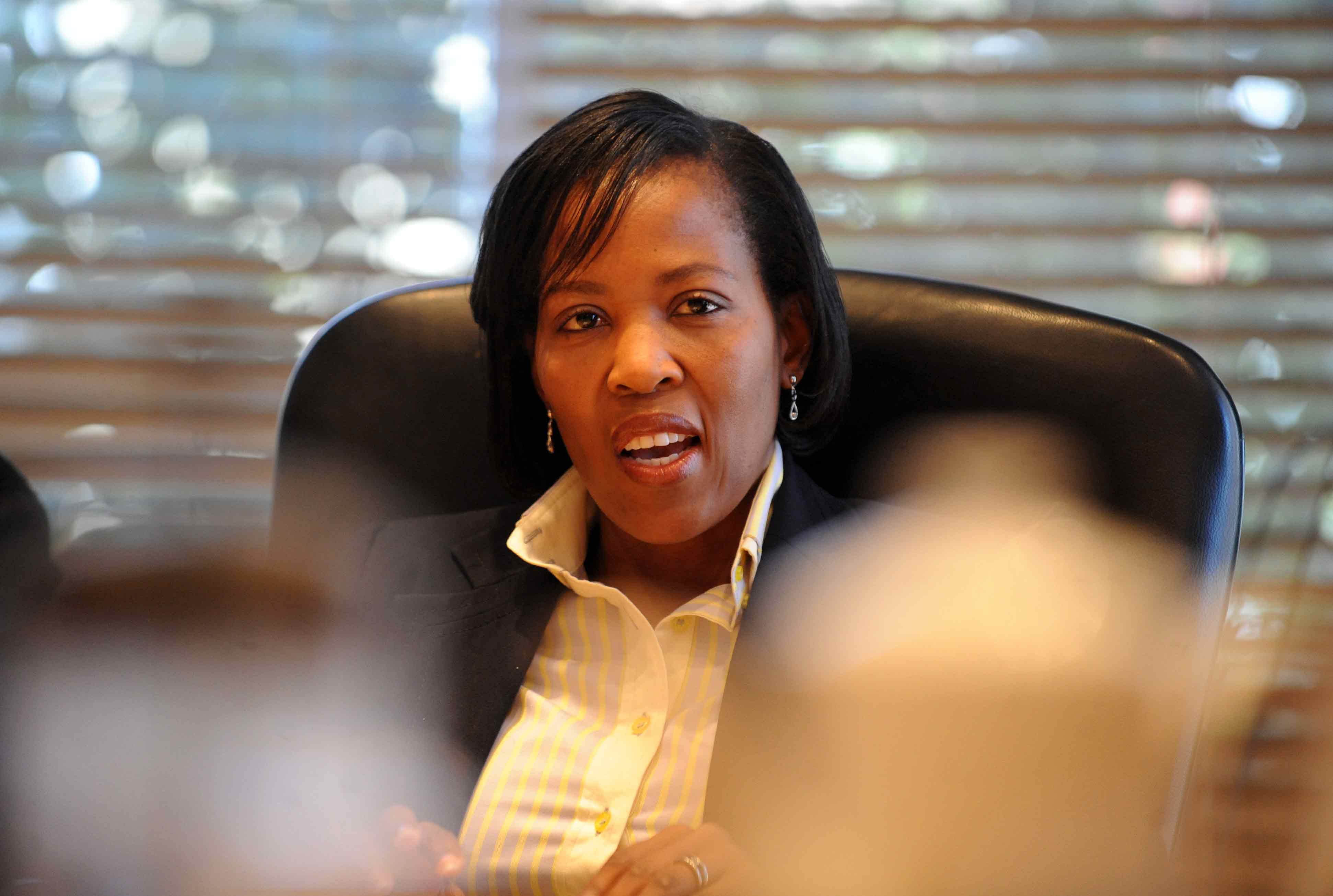- 60 people retrenched in December
- Millions spent as pay-out packages
- NDB gets P200 million lifeline from Gov’t
- P1billion bailout request rejected
GAZETTE REPORTER
On December 31st, National Development Bank (NDB) retrenched over 56 employees, an exercise that was completed in a record five months with minimal disruptions to business operations, according to Harry Marks, NDB’s Head of Branding, Marketing and Communications.
Marks further revealed that all employees were taken through psychiatric and financial counselling, which will continue until the end of January 2019.
“Should any vacancy arise within the next six months, the retrenched employees will be given preference for re-employment provided they meet the requirements. Their companies will also be given preference in awarding of tenders,” said Marks, adding that this dispensation will remain in place for only 24 months from date of separation.
This publication has established that the NDB, under the stewardship of Chief Executive Officer (CEO) Lorato Morapedi had a staff complement of just under 150. The retrenchment means that a quarter of the staff has been paid off, while some were placed on voluntary separation. Marks declined to reveal how much the bank spent on separation packages, but sources reveal that more than P10 million was utilised.
The retrenchment was pinned on NDB’s adoption of a Turnaround strategy that was aimed at addressing a number of challenges, key among them profitability, sustainability and operational efficiency. According to Marks, it had always been clear that NDB needed to reduce its cost to income ratio as it was not generating enough interest income because of liquidity challenges. After several attempts to reduce operational costs through other interventions such as freezing recruitment, not awarding salary increments for more than five years and others it became evident that these did not bring the desired impact.
“A combination of factors such as tough economic conditions, depressed property market, droughts, pests and outbreak of diseases left NDB saddled with escalating impairments as result of non-performing loans,” explained Marks.
As a development finance institution (DFI), NDB has a higher risk tolerance and therefore makes long-term investments at subsidised rates in enterprises that are considered too risky by private capital. Further, the turnaround strategy highlighted the need for NDB to source cheaper funds from the market as well as recapitalisation by the shareholder. It is for this reason that legislators through the Parliamentary Committee of Statutory Bodies and State Enterprises highly believe that the Bank needs shareholder support to effectively implement its mandate.
This publication has established that NDB, which is fully owned by government had submitted request for funding to Cabinet last year, and that funds worth P200 million have been approved by cabinet. However, NDB had initially sought a P1 billion bailout, which the executive management believed would be able to sustain the bank for a longer term and turn it to profitability.

